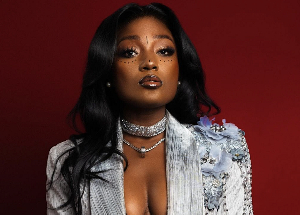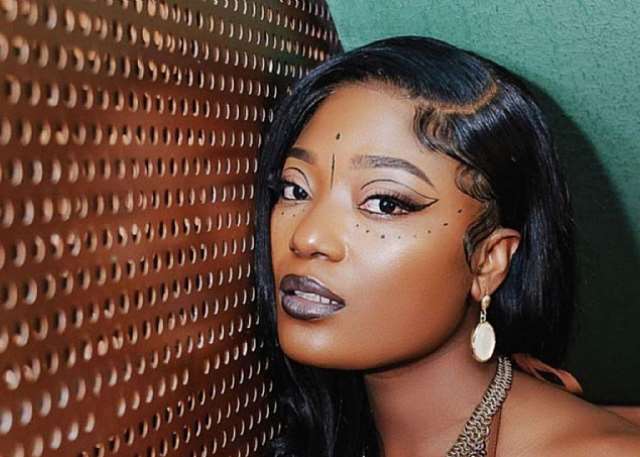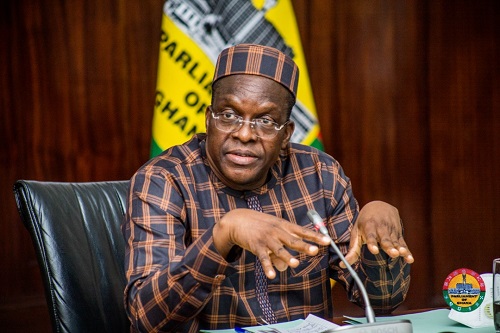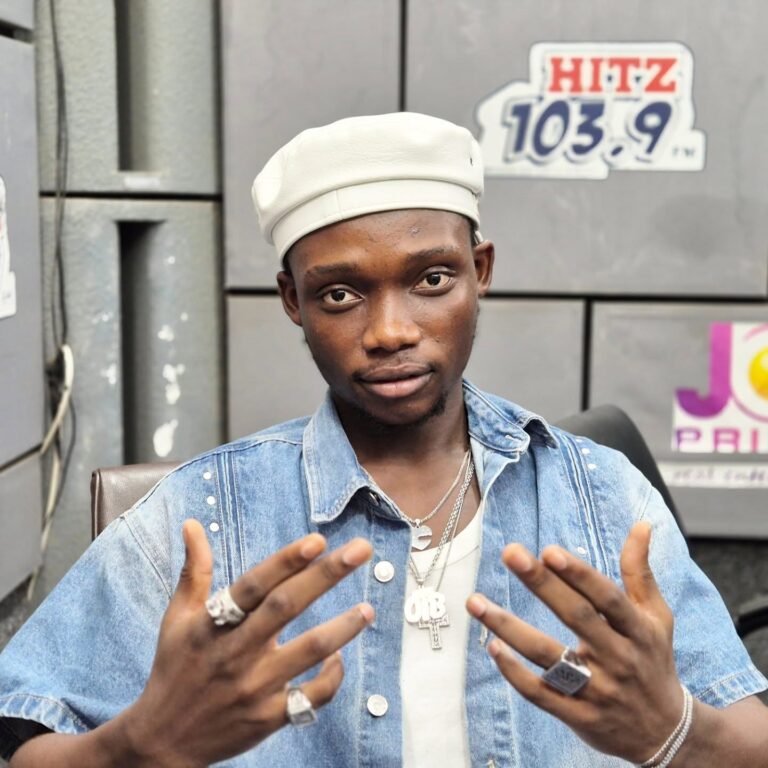Ghanaian singer Efya has candidly addressed the ongoing comparisons between Ghanaian and Nigerian musicians when it comes to public fan appreciation and financial generosity.
In a recent interview with Nana Romeo on Accra FM, Efya admitted that while Ghanaian artistes do support their fans, they often do so discreetly—unlike their Nigerian counterparts who are known for their lavish, public giveaways.

The conversation was ignited by Nigerian superstar Davido’s recent gesture of gifting a Ghanaian fan $5,000 for promoting his track With You, featuring Omah Lay. The act sparked discussions across social media about why similar gestures are rare among Ghanaian artists.
Efya, known off-stage as Jane Awindor, acknowledged that financial disparities between the two music industries are a major factor. “We don’t have as much money as the Nigerians to engage in such generous giveaways,” she said. “Even though we stand shoulder to shoulder with Nigerian artistes in many areas, financially it’s simply not the same—I don’t mind admitting that.”
The celebrated singer further explained that the gap stems from the scale and international reach of Nigerian artistes. With global bookings, larger venues, and broader fan bases, Nigerian musicians earn significantly more from performances and brand deals. “We don’t get paid the same way they do, because they are performing at much bigger events,” Efya said.
She was quick to clarify that Ghanaian artistes are not indifferent to their fans. “Most Ghanaian artistes do give their fans money, but they just don’t like to make it public. I’ve paid school fees and given out gifts, but never $5,000 in one go,” Efya shared, highlighting the private nature of such acts in Ghana’s music industry.

Efya also used the interview as a call to action, urging stronger collaboration and unity within Ghana’s entertainment space. “That’s why we need to support each other more, so we can get on bigger platforms and start earning the kind of money that allows us to dash our fans $5,000,” she added.
Her comments have resonated with many in the industry and among fans, opening up a broader conversation about the structural challenges faced by Ghanaian musicians. While talent and creativity are in abundance, the infrastructure, investment, and international visibility often lag behind that of Nigeria, Africa’s current music powerhouse.

Efya’s remarks highlight the need for systemic changes that could elevate Ghanaian music on the global stage—allowing local stars to not only shine creatively but also compete financially. As the industry continues to grow, voices like hers could play a pivotal role in steering the conversation toward sustainability, equity, and impact.



